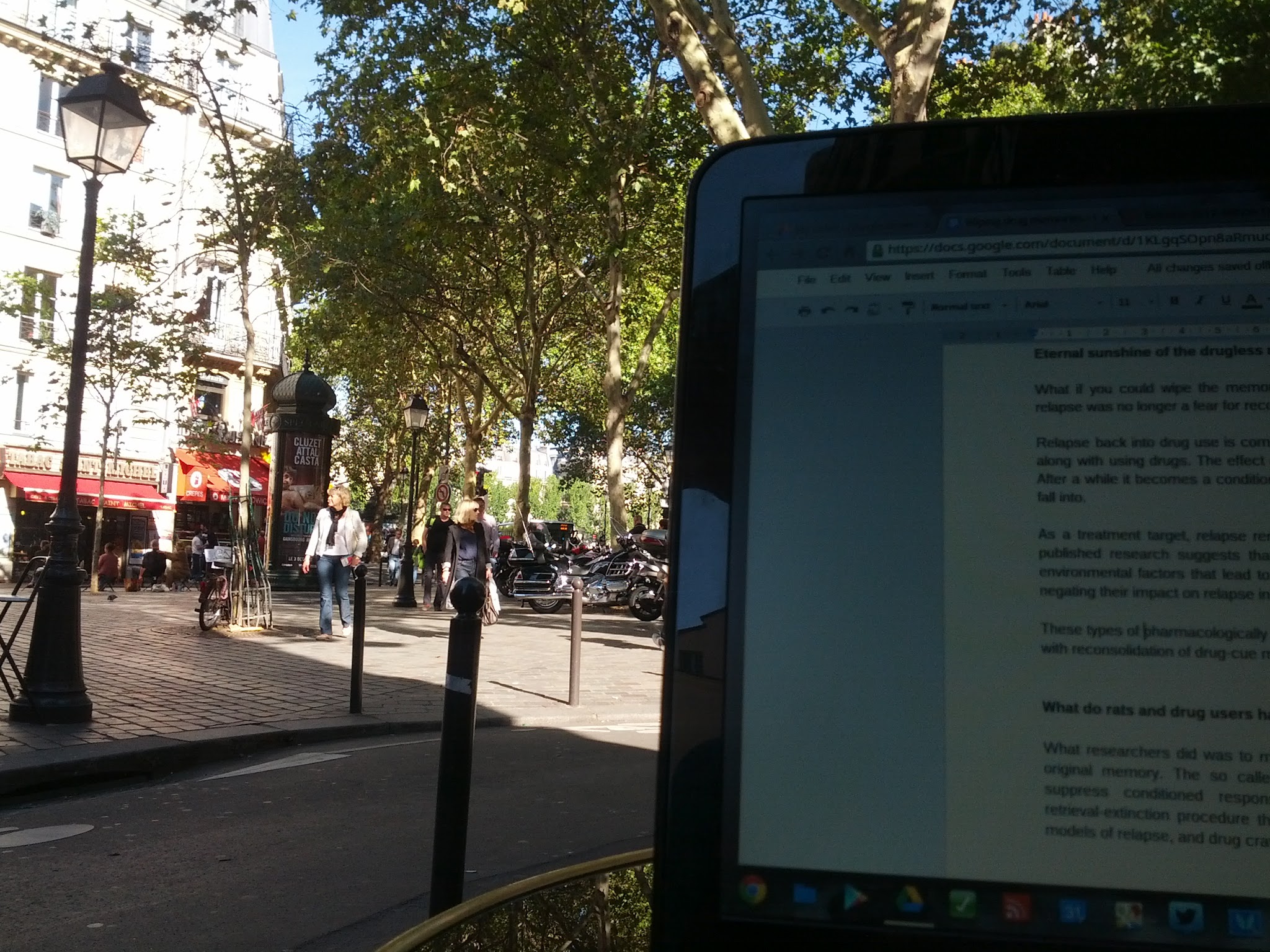Weekly Science Picks

Sundays. They were meant for science. Without any further ado…
For all those who have always thought about doing what we here at Australian Science do — science blogging — here are some word-shaped pearls of wisdom.
Should you write a science blog?
“I used to think there should really be more scientists blogging. That’s because for me science journalism not so much a source of information but a source of news. It tells me where the action is and points into a direction. If it seems interesting I’ll go and look up the references, but if it’s not a field close to my own I prefer if somebody who actually works on the topic offers an opinion. And I don’t mean a cropped sentence with a carefully chosen adjective and politically correct grammar. In some research areas, quantum gravity one of them, there really aren’t many researchers offering first-hand opinions. Shame on you.”
Academia is a funny old beast. And by funny, I mean frustrating. We are all slaves to the “publish or perish” mantra. So much so that it has become so ingrained in what we do as scientists that changing the way it works would require not a revolution, but a complete dismantling of the ivory towers, salting the earth so nothing can grow again, and then building in a new patch of land. Academia is insanely hard. Even harder if you happen to be a woman. The Economist has an article on one facet of why women do not populate the halls of our ivory towers. And it seems as simple as citations.
Women may fail to win chairs because they do not cite themselves enough
“Barbara Walter, of the University of California, San Diego, however, offers a fourth explanation: that female academics are not pushy enough. Specifically, she says that unlike their male colleagues they do not routinely cite their own previous work when they publish a paper. Since the frequency a paper is cited is an indicator of its importance—and one which, since it can be measured, tends to weigh with appointment committees—a systematic unwillingness by women to self-cite may help tip the balance against them.”
With the single question — “where do viruses come from?” — Roli Roberts at PLos Blogs describes the story of the host-jumping, genome splicing and derring-do by a virus that has spread rapidly through bird populations in the last half-century.
A Virus Emerges – with a Human Helping Hand
“Where do viruses come from? Like us, they are products of their genomes, and like our genomes, viral genomes are palimpsests of writing, overwriting, cutting and pasting, plagiarism and happenstance. Genes all have to come from somewhere originally, and Nature is a great recycler. Although some sections of genes have arisen recently by co-option of previously useless sequence, looking at most genes gives you a distinct feeling of déjà vu. Time and again handy functional modules appear in novel guises, doing sort of the same job, but in a slightly different context.”
Finally, we have a piece on the scandalous world of sexting. Scourge of politician and high-profile actors alike. The secret is we all do it apparently.
The Psychology of Sexting
“While examples from the world of celebrities and politicians demonstrate that there are social risks to this type of behavior—the images/text can be leaked to a larger public resulting in social humiliation and/or rejection (unless it can be sold to the adult entertainment industry) or the material can be construed as harassment if unsolicited or uninvited creating an avenue for legal intervention—clearly people are sexting. A study published in Cyberpsychology, Behavior, and Social Networking by Dir and colleagues reveals that 80% of undergraduates report having received sext messages, while 67% report having sent messages. Furthermore, 46% percent of undergraduates have received picture sexts, while 64% report having sent sexually suggestive images. So, what’s the appeal?”
Have a science-filled Sunday!
 Follow
Follow